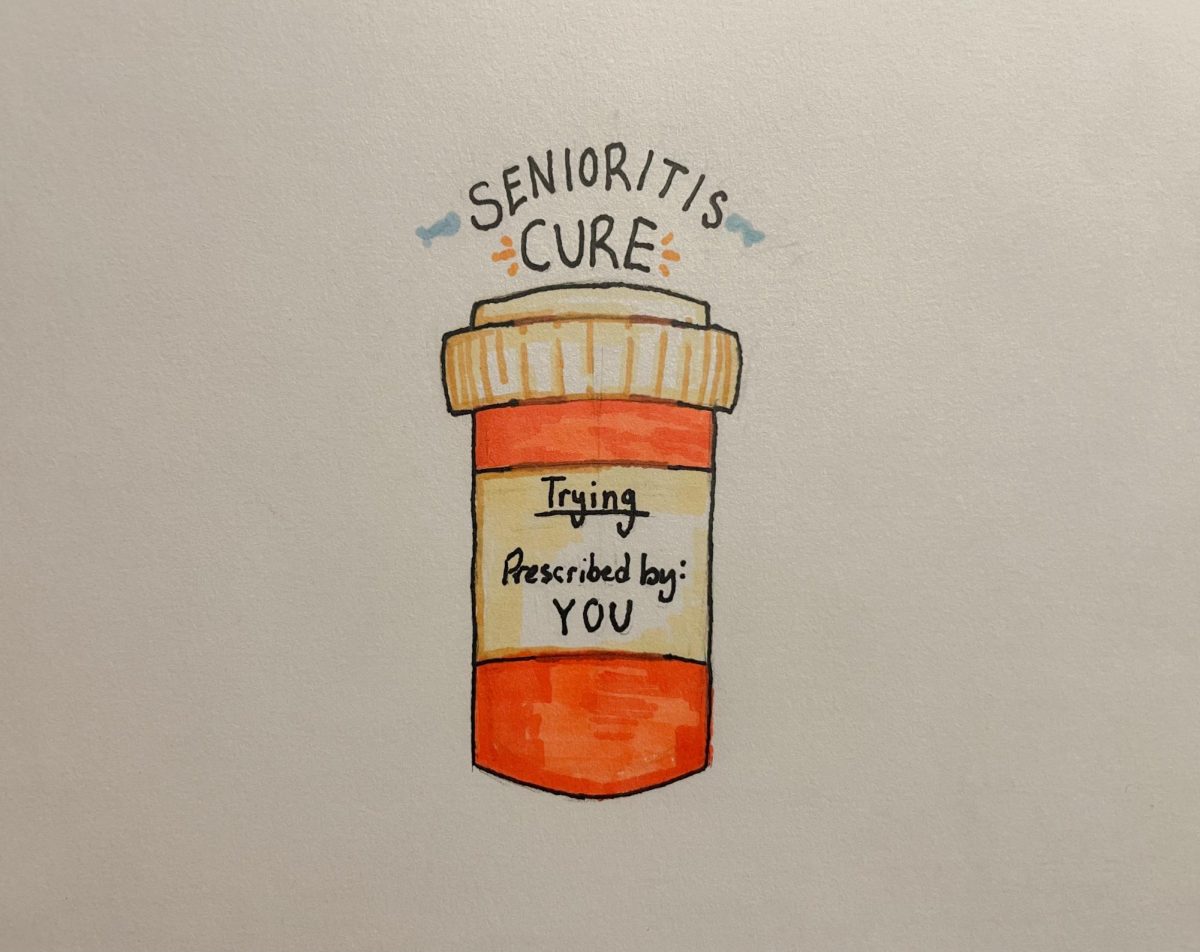It can be almost guaranteed that everybody in the United States has heard of the SAT, the PSAT, or an AP class. What we can also guarantee is that College Board is determined to make as much money as they can. College Board doesn’t truly care about student learning; instead, they’re invested in turning a substantial profit.
Everything pertaining to College Board costs a decent chunk of change. Taking an AP Exam costs anywhere between 98-140 dollars per exam. Registering for an exam past the due date is an additional 40 bucks, and canceling an exam costs 40 dollars.
Okay, so you’re probably thinking, “Just don’t cancel the exam you’re taking, and register for that exam on time. Easy, right?” While that can certainly help save some money, the cost for an exam is unnecessarily expensive as is.
An AP exam that costs 95 dollars is gratuitous. There are some students across the United States that are unable to take an AP exam, and earn their well-deserved college credit, simply because they can’t afford the exam.
A much more reasonable price per exam would be 50 dollars, a price that is both affordable while still allowing the College Board to continue to fund tests. However, the College Board appears adamant about paying their CEO millions of dollars, focusing on their own selfish interests as opposed to helping brilliant-minded students succeed.
In 2019, the CEO of College Board David Coleman made 1.67 million dollars. Across the board, other College Board executives made approximately 500,000 dollars.
Let’s compare this to the Red Cross, another nonprofit. The Red Cross CEO Gail McGovern made about 738,000 dollars, per the Red Cross’ 990 tax form in 2019. That’s just slightly over the average salary a standard College Board executive made in 2019. For an organization that is supposed to give back to the people, there sure is a lot of money going into the pockets of the College Board executives.
And to think that all of this money is spent on a test at the end of the year that doesn’t even guarantee college credits.
Due to the rushed nature of AP classes, which often try to fit too much information into such a small time frame, instructors are unable to teach their students everything they need to know to get a five on the exam. This leads to increased stress for teachers and students and doesn’t allow students to gain everything they need to get the highest possible score on the test.
The College Board still won’t fix this fatal flaw in their curriculum, further highlighting how detrimental the College Board is to the US education system. Rather than helping students succeed, the College Board would prefer to get through classes as quickly as possible, for the sake of turning a massive profit.
On top of everything else, the curriculum College Board currently has in place is strict and prohibits students from developing their own methods of learning and retaining information.
As opposed to Concurrent Enrollment courses, which offer college credits directly through community colleges in Colorado, AP sets too many restrictions and guidelines on students. This doesn’t allow kids to develop their own artistic and creative choices as they learn.
By diminishing creativity, students become drone-like and develop animosity towards schooling and education. Essentially, AP can ruin how people develop in school, which causes them to dislike school even more, and prohibits them from utilizing the creativity necessary to change the world.
It’s clear that College Board is profiting off students who are desperate to save some money from higher education at universities and colleges–which is already incredibly expensive. However, the (rising) prices of tests seems counterintuitive to College Board’s “mission.” This is likely because the College Board’s overall goal is to make money off of students like us.
The College Board is monopolizing the education system. This isn’t just bad for students; this is bad for our nation as a whole. Once education becomes corrupt, anything can be corrupted. To prevent this from happening we have to shift focus away from AP and College Board-based curriculums, and focus on Concurrent Enrollment.
Concurrent Enrollment allows students to receive higher education cheaply through the school district. SVVSD is an anomaly in regards to the opportunities students have, but it shouldn’t be. Not only should MHS and our district shift focus away from AP, school districts across the country should shift focus to Concurrent Enrollment and end College Board’s corporate greed.














Khelon B. • Sep 16, 2024 at 12:03 pm
I never really thought about this. I’m going to look into this more on my free time. Thank you for the insight.